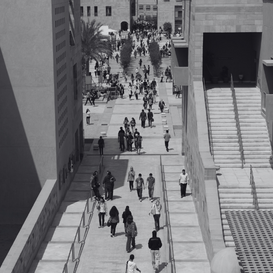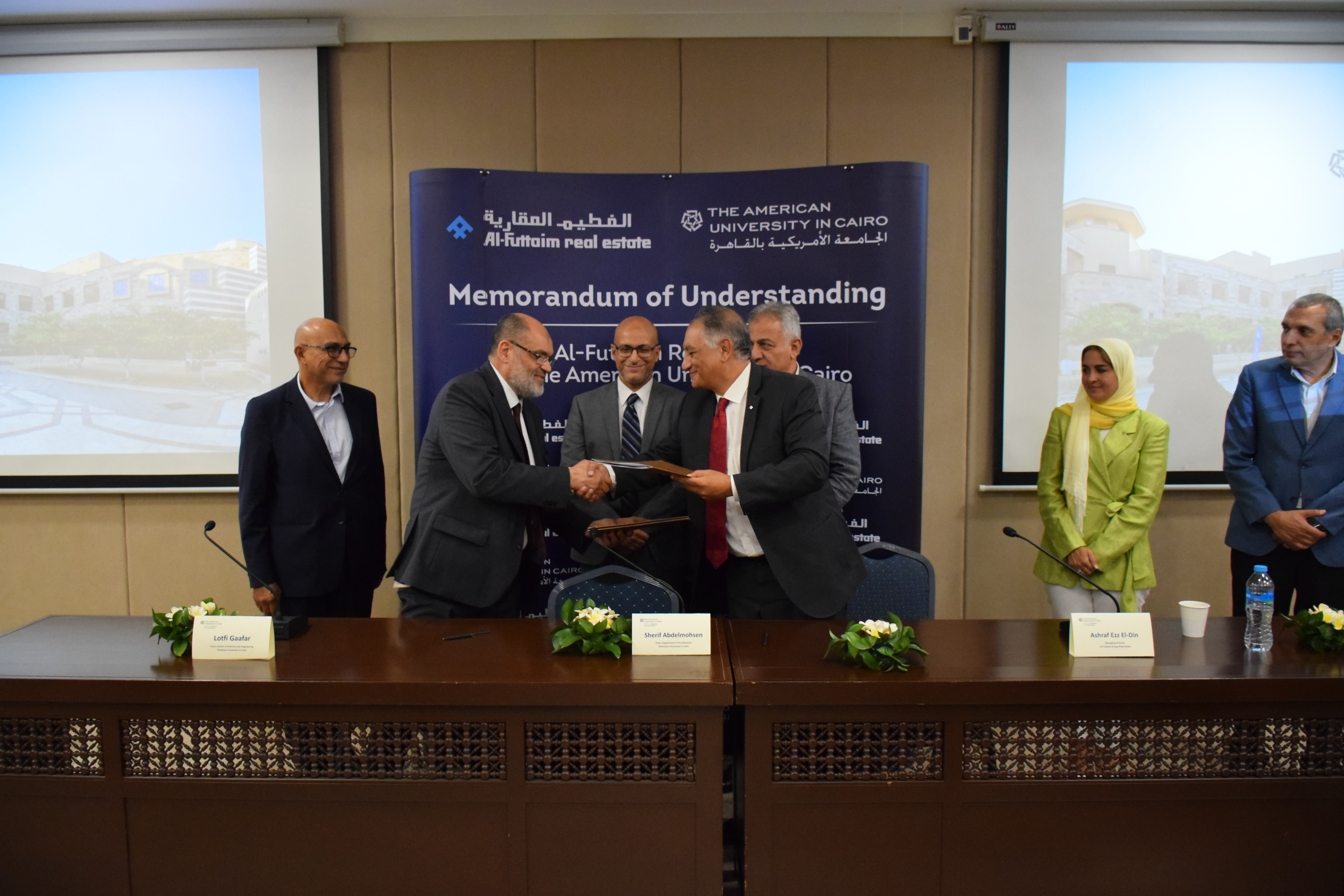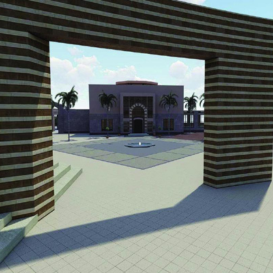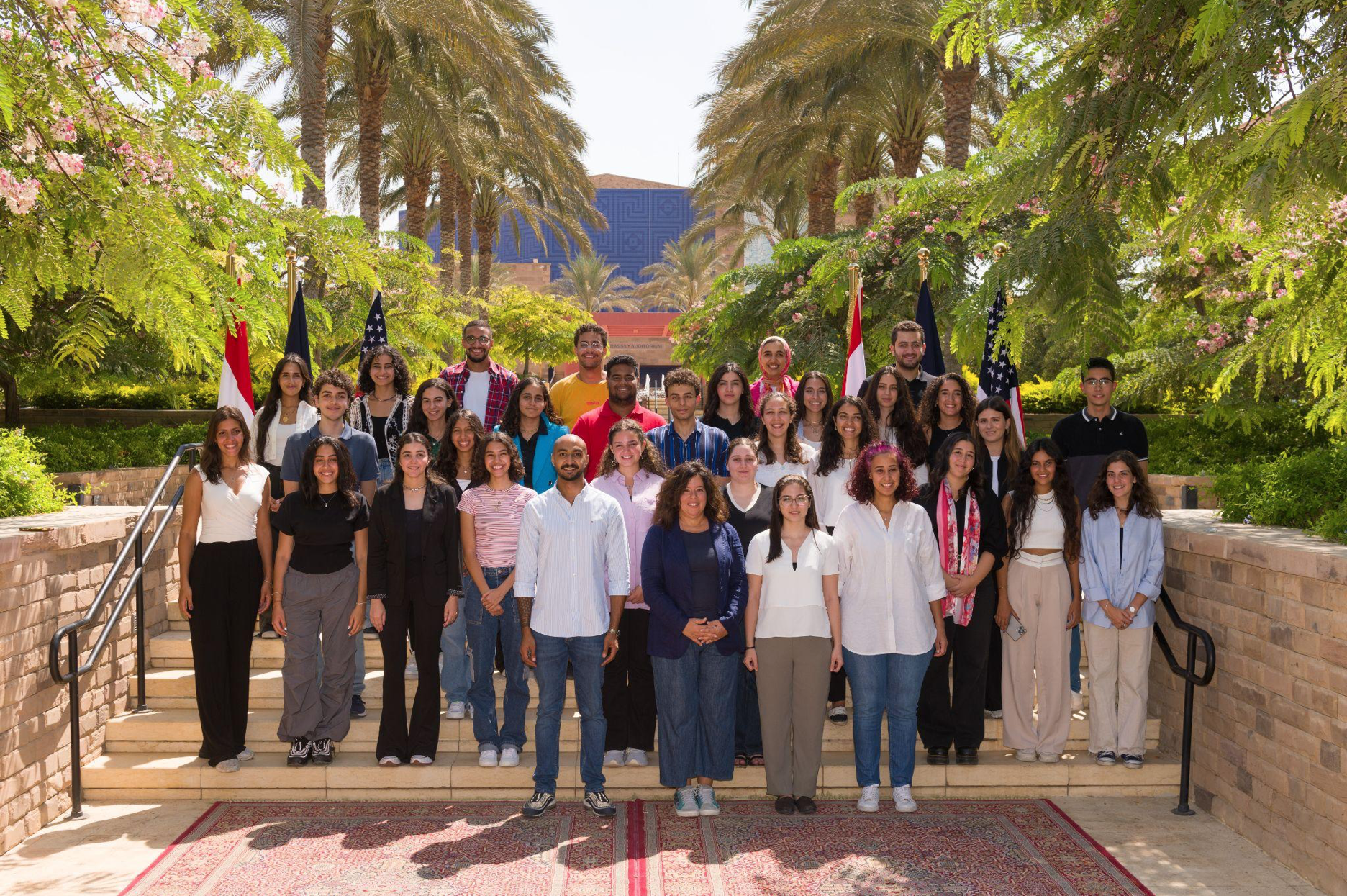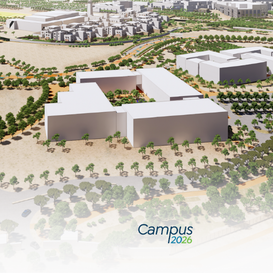The Tomorrow’s Leaders Gender Scholars (TLS) program welcomed its third cohort of students from various academic backgrounds. Through the program, the students apply a gender lens to their areas of study, engage in civic engagement activities, pursue professional development opportunities and give back to their communities.
“We have selected students who have shown great potential to become gender-sensitive leaders on campus and in their communities in the future,” said Helen Rizzo, associate professor, sociology unit head and TLS academic director.
Initiated two years ago, TLS is a joint effort between AUC, U.S. Department of State and Bureau of Near Eastern Affairs. It grants a one-year scholarship to current AUC students who have leadership potential and are interested in studying and incorporating gender across academia as well as the public and private sectors.
This year's recipients are keen to embark on their academic journey.
“When I heard about the opportunity of applying to a scholarship that provides knowledge about gender and also equips us with all that we need to be agents of change, I felt like it’s calling me," said Amina Boudah, psychology major and a member of the third cohort. "Being in something bigger than myself, spreading awareness of gender issues and reaching policymakers are things I’ve visualized and manifested my whole life.”
Just like their predecessors, the current cohort will undertake projects in civic engagement and mentored research, attend a series of specialized workshops covering various aspects related to gender, and organize TLS and Tomorrow’s Leaders events on campus.
“TLS for me is a chance to outgrow my gender biases, challenge them and absorb cultures that I haven't witnessed before," Boudah reflected.
Graduates of the program also testify to its impact.
"TLS played a major role in shaping my perspective of major issues going on in my academic and social life. In doing so, this scholarship has helped me become a better learner, leader and an overall better human," said Moustafa Sherif, TLS graduate and biology major.
As part of their initial activities this year, students engaged in team-building exercises, an introduction to gender studies, and discussions about emotional intelligence and types of leadership.
“Being with good company unleashes your abilities and can break barriers you've been trying to overcome for a long time,” said Hammad Omar, electronics and communications engineering major and a member of the third cohort.
In addition to exploring gender themes, the program also connects students to different networking opportunities, such as attending international and national conferences, where they can engage with a wider community of specialists. It also gives them the chance to interact with civil society organizations working in the field of social development with a gendered lens.
“Gender awareness and advocacy for gender justice are critical to the development of our students, who will be future leaders. We are confident we have a strong cohort in place and are looking forward to working with them over the course of the next year,” said Fatemah Farag, TLS associate director and Tomorrow's Leaders senior gender coordinator.



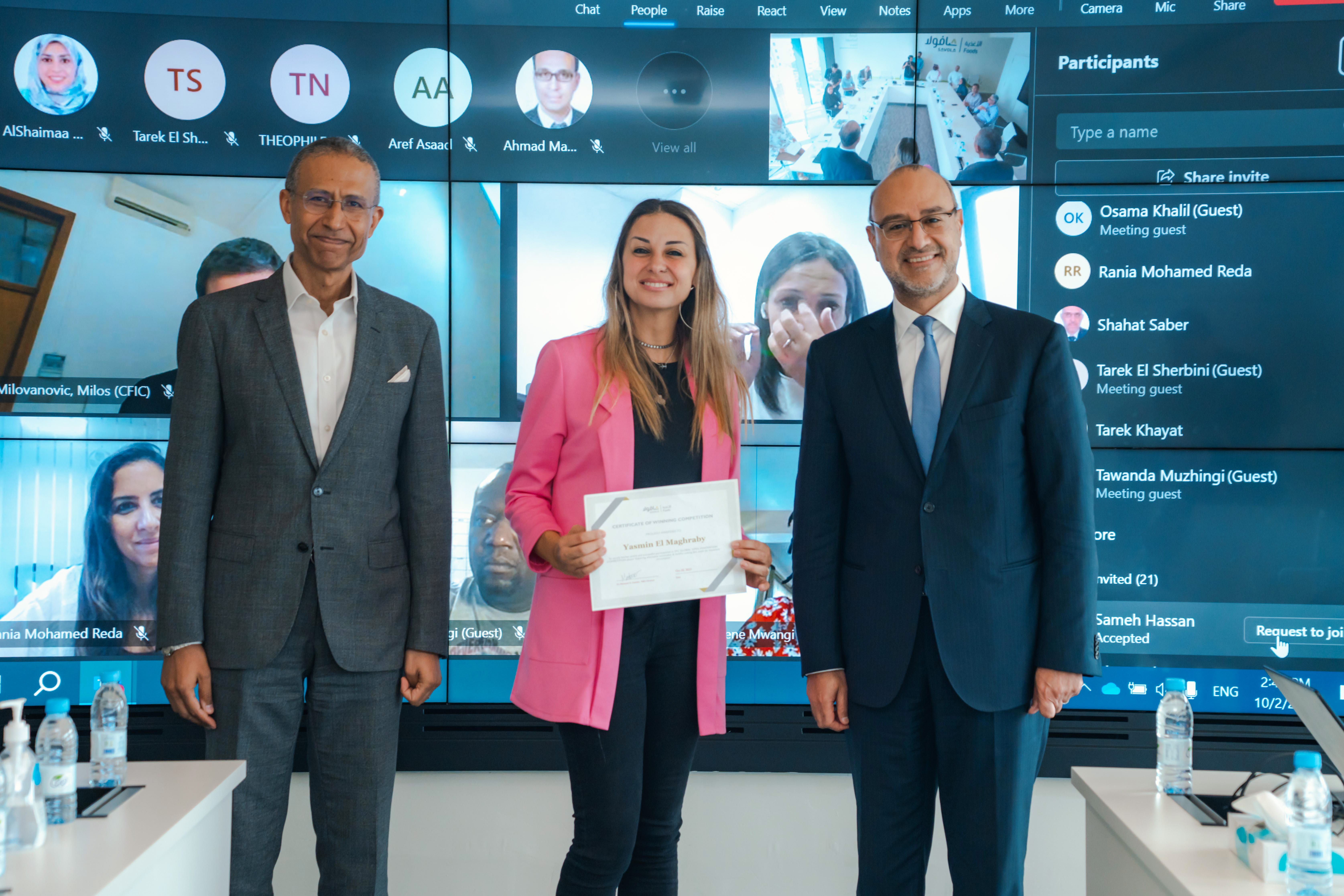
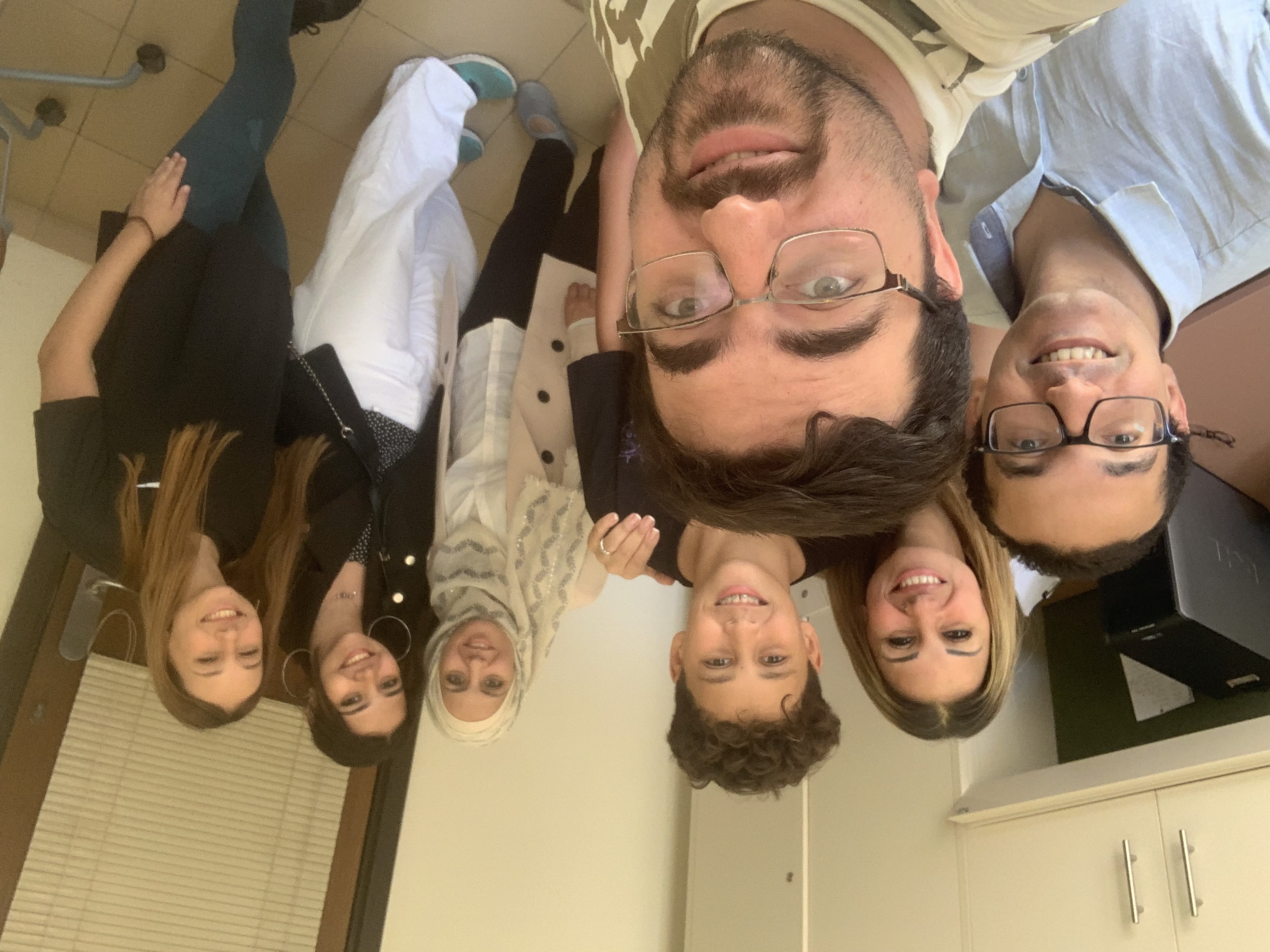 The networking experience also provided a unique opportunity for the student participants. “This life-changing experience enriched my ability to work effectively in a multidisciplinary team and allowed me to engage with experts from Savola, FAO and fellow participants from different countries who share my passion for sustainability, which expanded my professional network and exposed me to different ideas and perspectives,” added Khaled.
The networking experience also provided a unique opportunity for the student participants. “This life-changing experience enriched my ability to work effectively in a multidisciplinary team and allowed me to engage with experts from Savola, FAO and fellow participants from different countries who share my passion for sustainability, which expanded my professional network and exposed me to different ideas and perspectives,” added Khaled. 
